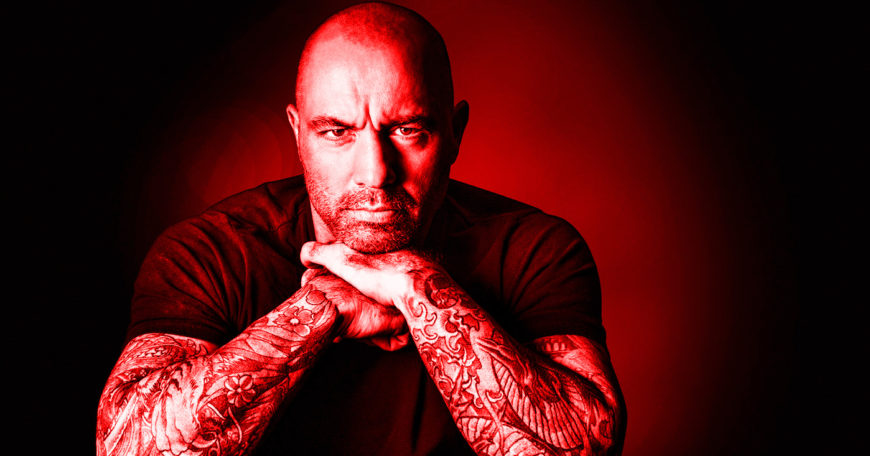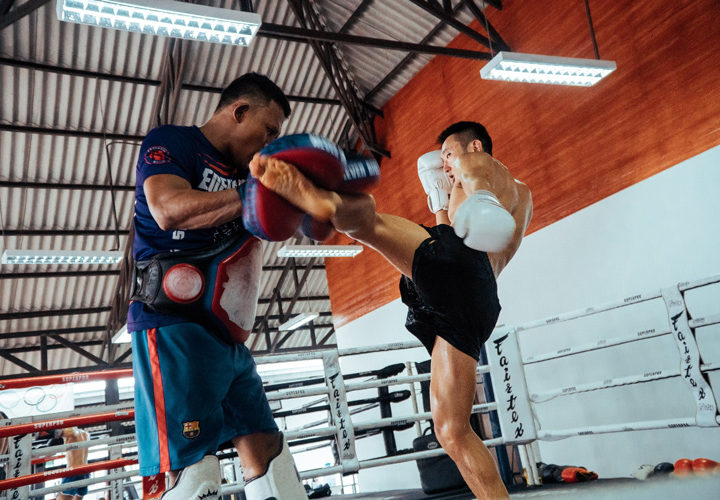Brazilian jiu-jitsu is a physically demanding martial art that can help you get into great shape while teaching you practical skills that can be used for self-defense. Many people have used their BJJ training as a catalyst to build strength and improve their cardio, all while having a lot of fun in the process.
The benefits of jiu-jitsu aren’t just physical, though. Many BJJ students also see improvements in their mental health as they continue to train. While jiu-jitsu isn’t a substitute for professional mental health care, there are many ways that this grappling art can ease symptoms of some mental illness and help students maintain their short-term and long-term mental health.
Here are a few ways jiu-jitsu can improve your mental health:
1- Jiu-jitsu builds social connections.
The UKRI’s Economic and Social Research Council emphasizes that social isolation can be seriously detrimental to mental health and that solid friendship networks have significant mental health benefits for adults and children alike. The problem for many adults, however, is that making friends becomes more difficult as you age. As kids, we have plenty of opportunities to befriend our peers through school, sports, and after-school activities. Many adults find that once they’re no longer placed in situations where friendships are easily cultivated, the only real place to make new friends is either at work or online.
Jiu-jitsu is practically a quick fix for a sparse social circle. In your very first BJJ class, you’ll meet (and grapple with) a number of strangers who are likely to become your friends. In a gym with a healthy, supportive culture, the other students will do their best to make you feel welcome, working with you so that you can understand challenging techniques and feel more comfortable in a new environment. Over time, you may find that the vast majority of your friends come from the BJJ community, and even if you travel or have to move elsewhere, all you have to do is take a class or two at a local jiu-jitsu gym to make even more friends. In the jiu-jitsu world, you’re never truly alone.
Read also What To Expect at Each Jiu-Jitsu Belt Level
2- Jiu-jitsu gets your body moving.
You may have heard that exercise is a mental health booster, and there’s plenty of evidence to support that claim. A study published in the National Center for Biotechnology Information, for example, suggests that physical activity can reduce symptoms of mild to moderate depression and anxiety while also supporting the work done within substance abuse programs. The results from the study also suggest that exercise can “improve self-image, social skills, and cognitive functioning.”
While yes, any form of exercise can help you unlock these mental health benefits, many people don’t enjoy things like going for a jog or lifting weights at a traditional gym. Jiu-jitsu provides a fun, interactive way to get moving. The set schedule applied in most gyms can also help you to develop a routine, ensuring that you won’t quit before your workout is complete and giving you set days and times to be ready to train. Plus, having a coach around ensures that you’ll receive ample instruction, which can help reduce the anxiety of struggling alone as you learn new movements. Doing jiu-jitsu even just a couple of times a week can give you the movement your body and brain need to stay healthy, but many people want to train nearly every day.
3- Jiu-jitsu can help improve your focus.
For people who struggle with attention or focus problems, jiu-jitsu can act as a brain-training exercise. Many people have a hard time staying focused on specific tasks at home or at work, easily becoming distracted and losing track of time. Attention and focus disorders are often linked to anxiety and depression, and in some cases, they may harm your career or relationships.
Part of the reason BJJ is so good for this is because it leaves you with only two options: pay attention to what you’re doing, or risk tapping out (or injury). The implied urgency of grappling helps students focus on the task at hand, much like how many people with attention struggles do their best work in the final hours before a project is due after procrastinating for weeks. Because so much work in jiu-jitsu is done with a partner, you also have someone to help you remember steps of the techniques you learn if you do lose focus while the instructor is teaching. Over time, you may find yourself being able to focus longer on other tasks outside of the gym, even if the consequence of getting distracted doesn’t involve getting choked.
4- Jiu-jitsu gives you a physical outlet for stress.
Have you ever gotten home from work feeling like you wanted to hit something? Even though methods like talk therapy and breathing exercises can help decrease the stress that we feel at work or at home, exercise can be a particularly effective method for releasing negative feelings in a healthy, physical way.
Jiu-jitsu is a particularly effective stress reliever because it forces you to use a lot of energy. Being able to take your stress out on your teammates in a safe, controlled manner will exhaust your body, but refresh your mind, giving it the break it needs to be able to think through your problems without getting overwhelmed. Plus, if only for an hour or two, it takes your mind off of whatever negative events are happening outside of the gym. Even though it’s tempting to tackle a problem nonstop until it’s resolved, a break is sometimes just what we need to return to the issue with a clearer, more open mind.
5- Jiu-jitsu can boost your confidence and self-esteem.

Martial arts are often touted as a way to help kids become more confident, but they can have the same impact on adults as well. Make no mistake — jiu-jitsu is challenging. But that’s exactly why it invokes feelings of achievement and pride when you start to see progress. Training BJJ means that you’ll experience a lot of highs and lows, and though the lows are difficult to push through, the highs will prove that your hard work and dedication does pay off.
The victories you experience in jiu-jitsu will be both big and small. You may get to feel the rush of winning a big tournament, taking home a gold medal as evidence of your improvement on the mats. Most of the time, though, your achievements will come in the form of smaller wins in class, such as getting the hang of a confusing technique or landing a submission on a tough teammate. Some days, merely showing up will feel like reaching the top of a mountain. As long as you keep coming to class, you’ll experience these markers of progress and the increased confidence that comes with them.
Read also: Should You Train Jiu-Jitsu For Sport Or Self-Defense?
Can you replace therapy or medication with jiu-jitsu?
This is only a question that you and your doctors can answer. Everybody is different, and while some people may find that jiu-jitsu is enough to maintain their mental health, many other people use BJJ as a supplement, letting prescribed medication and therapy do the heavy lifting. There’s nothing wrong with either of these approaches as long as they work for you and your doctors approve.
While jiu-jitsu can help alleviate symptoms of some mental illnesses, there’s no reason to feel shame or guilt if it’s not enough. Brains are highly complex, and what works for one person may not be right for you. Pay close attention to how you feel as you progress through your jiu-jitsu journey, and don’t be afraid to confide in your teammates if you need advice or simply a listening ear. The BJJ community is close-knit, and even if you haven’t been training long, you’re sure to find someone on the mats who can relate to your experiences and would be willing to help.
Train for Your Brain
BJJ isn’t a miracle cure for depression, anxiety, PTSD, or other mental illnesses, but it can alleviate symptoms and help you maintain your mental health over time. By signing up for jiu-jitsu, you’re participating in an activity that gets your body moving while introducing yourself to a community of supportive, like-minded people who will help you achieve your goals. Plus, the victories (both large and small) that you achieve on the mats will help boost your self-esteem, giving you something to be proud of even on days when you feel the weight of the world on your shoulders.
If you’re struggling with your mental health or just want a fun way to boost your mood, give jiu-jitsu a try. You may find that it’s just what your mind needs to function at its best.











